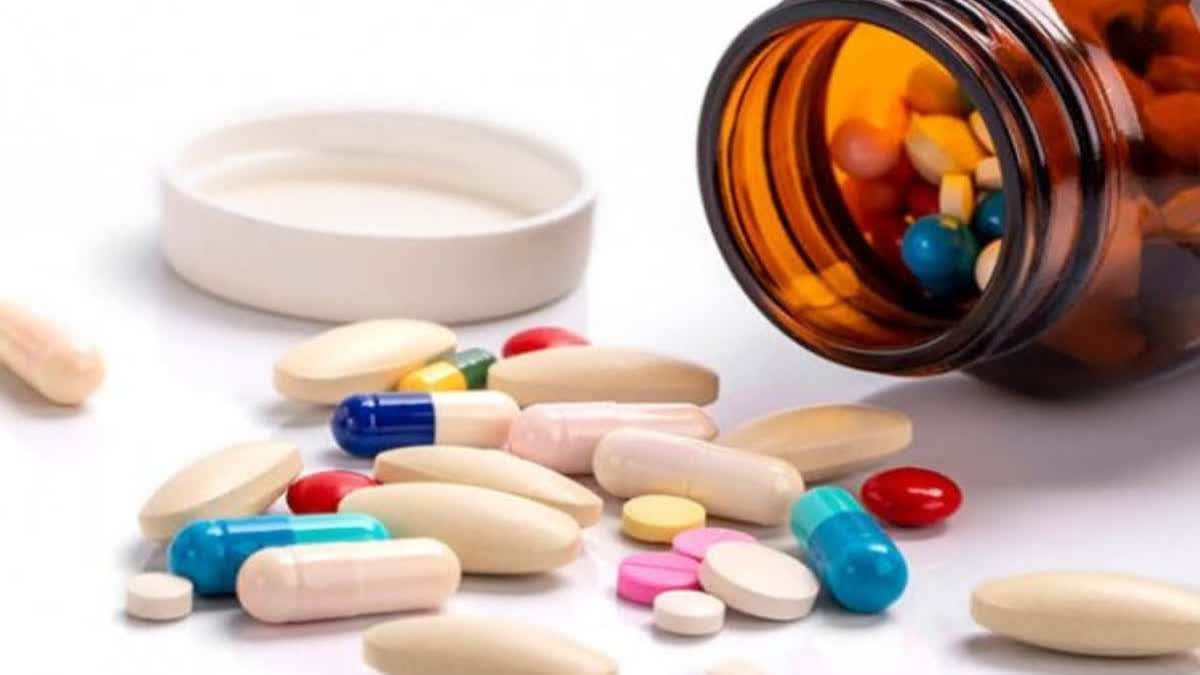New Delhi: Being aware of the incidents of reported deaths due to the “substandard” Indian drugs, especially cough syrups in lower-middle-income countries (LMIC), the Central government has issued a notification for the implementation of Good Manufacturing Practices (GMP) by the pharmaceutical companies under revised Schedule M of the Drugs and Cosmetics Rules.
Good Manufacturing Practices (GMP) are mandatory standards, which build and bring quality into products by way of control of materials, methods, machines, processes, facilities and environment. According to the notification issued recently by the Ministry of Health and Family Welfare, the manufacturers must take responsibility for the quality of the pharmaceutical products to ensure that they are fit for their intended use, comply with the requirements of the licence and do not place patients at risk due to inadequate safety, quality or efficacy. “To achieve this quality objective reliably there must be a comprehensively designed and correctly implemented pharmaceutical quality system incorporating Good Manufacturing Practices (GMP) and Quality Risk Management (QRM),” the notification said.
Stating that Good Manufacturing Practices apply to the life-cycle stages from the manufacture of investigational medicinal products, technology transfer, and commercial manufacturing, until the product discontinuation, the notification said that all parts of the product quality system shall be adequately resourced and maintained, including being provided with sufficient competent personnel, suitable premises, equipment and facilities.
Referring to quality risk management, the notification said that regular, periodic or rolling quality reviews of all pharmaceutical products, including products for export only, shall be conducted to verify the consistency of the existing process and the appropriateness of current specifications for both starting materials and finished product, to highlight any trends and to identify product and process improvements.
It said that a high level of sanitation and hygiene shall be practised in every aspect of the manufacture of drugs. The scope of sanitation and hygiene covers personnel, premises, equipment and apparatus, production materials and containers, products for cleaning and disinfection and anything that could become a source of contamination to the product. Potential sources of contamination shall be eliminated through an integrated comprehensive programme of sanitation and hygiene.
There are around 10,500 manufacturing units in the country out of which around 8,500 fall under the MSME category. India is a major exporter of medicines to LMIC countries, which require WHO Good Manufacturing Practices (GMP) certification. However, India has around 2,000 units in the MSME category having WHO GMP certification. The notification said that all complaints and other information concerning potentially defective products shall be carefully reviewed according to the written procedures and corrective action shall be taken.
“A person responsible for handling the complaints and deciding the measures to be taken shall be designated, together with sufficient supporting staff to assist him or her. If this person is different from the authorised person, the latter shall be made aware of any complaint, investigation or recall. Any complaint concerning a product defect shall be recorded with all the original details and thoroughly investigated. The person responsible for Quality Control (QC) shall normally be involved in the review of such investigations,” the notification stated.
If a product defect is identified or suspected in a batch, consideration shall be given as to whether other batches shall be checked to determine whether they are also affected. In particular, other batches that may contain reprocessed products from the defective batch shall be investigated, it said. Referring to the product recall, the notification said that there shall be a system to recall from the market, products known or suspected to be defective. “The authorised person shall be responsible for the execution and coordination of recalls. He or she shall have sufficient staff to handle all aspects of the recalls with the appropriate degree of urgency,” it said.
The notification said that a prompt and effective product recall system of defective products shall be devised for timely information of all stockists, wholesalers and suppliers concerned up to the retail level within the shortest period. The licensee may make use of both print and electronic media in this regard. To minimise the risk of a serious medical hazard due to cross-contamination, dedicated and self-contained facilities must be available for the production of particular pharmaceutical products, such as highly sensitive materials (e.g., penicillins) or biological preparations (e.g., live microorganisms).
